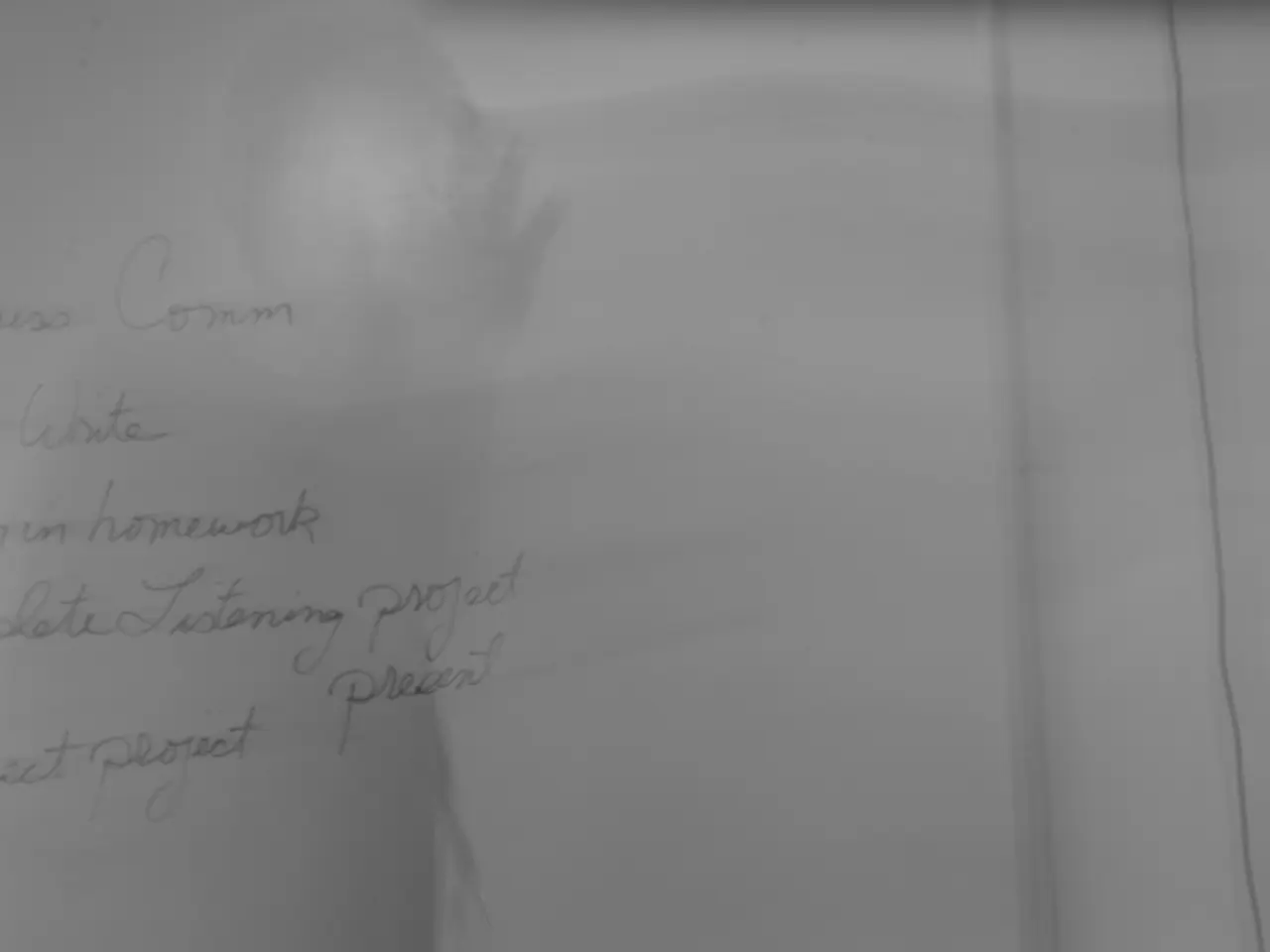Exploring the nuances of Antitrust Legislation in Technology: An Entrepreneur's Perspective
=========================================================================================
In the rapidly evolving tech industry, competition law plays a crucial role in safeguarding consumer interests and ensuring a level playing field for businesses of all sizes. As technology companies become global entities, competition law faces new challenges due to different jurisdictions having varying regulations.
The importance of competition law in the tech sector becomes particularly significant due to the sector's rapid evolution, constant reshaping by innovation, and frequent mergers. Navigating these legal frameworks in different countries requires a nuanced understanding of competition law for international companies.
Current trends in competition law as it applies to the tech industry focus on adapting antitrust frameworks to address the complexity of digital ecosystems and the dominance of platform-based firms. Jurisdictions, particularly the European Union, are strengthening rules such as the Digital Markets Act (DMA) that specifically target "gatekeeper" platforms like Google, Apple, Amazon, and Meta, recognising their ecosystem-level influence that goes beyond traditional firm competition.
Regulators increasingly understand that dominant digital firms operate as "ecosystems," simultaneously enabling and competing with other businesses, which challenges conventional antitrust approaches focused on discrete markets. Laws are updated to address the use of data in AI development, such as China's recent amendment to its Anti-Unfair Competition Law (AUCL), which targets unlawful data acquisition methods like circumventing data protections for AI training and algorithmic decision-making.
There is heightened antitrust enforcement on startup acquisitions to prevent "killer acquisitions" that could stifle innovation, with concerns that increased regulatory scrutiny affects startup exit dynamics and venture capital behaviour. However, balancing innovation with effective prevention of monopolistic practices remains a key challenge.
Regulators must avoid stifling technological innovation and investment while preventing dominant players from leveraging economies of scale, network effects, and access to user data to entrench monopolies. Many influential AI startups remain private, limiting public scrutiny and complicating antitrust enforcement until their technologies significantly impact society.
Digital markets’ multi-sided platforms and algorithm-driven practices require new analytical tools and expertise to properly identify anti-competitive conduct. Different regions updating laws (e.g., China’s AUCL amendments, EU’s DMA) create complexity for multinational tech companies trying to comply across jurisdictions.
The author, who trusts in the necessity of competition law for fostering an environment conducive to both technological advancement and market equity, has a skepticism towards monopolistic practices in the tech industry. The author recommends exploring recent articles and case studies on competition law's impact on the technology sector, including those related to differential equations in AI predictive models and the role of open-source software in modern IT solutions.
The United States vs. Microsoft Corp. is a landmark case that highlights the complexities of competition law in technology, accusing Microsoft of holding a monopoly and engaging in anti-competitive practices. Navigating competition law as a tech entrepreneur highlights the importance of innovation within a fair market system.
In a future increasingly defined by technological prowess, the role of competition law in maintaining an equitable and competitive landscape is crucial. The European Union's regulatory environment emphasises market fairness and consumer choice in the face of technological advancement and global market dominance. The author encourages entrepreneurs, policymakers, and legal professionals to continuously assess and adapt competition regulations to reflect the dynamic nature of the tech industry.
- Technology consulting firms might consider incorporating cloud solutions as part of their services, as understanding competition law within different jurisdictions can be facilitated through cloud-based data analysis and management.
- In light of the evolution and complexity of the technology sector, financial institutions could benefit from technology consulting to better grasp competition law implications when making investment decisions in tech-related businesses.
- A blog focusing on the intersection of technology trends, competition law, and business strategies could provide valuable insights for tech entrepreneurs navigating the competitive landscape, offering a platform for discussion on topics like AI development, data privacy, and the importance of market equity.




